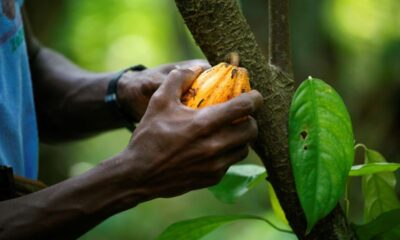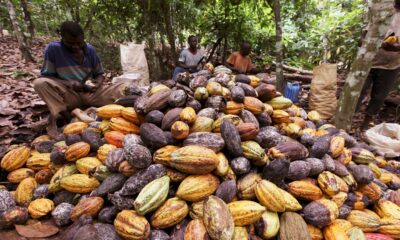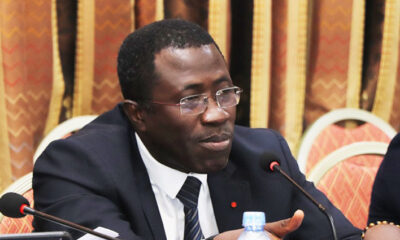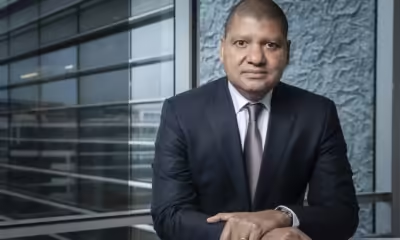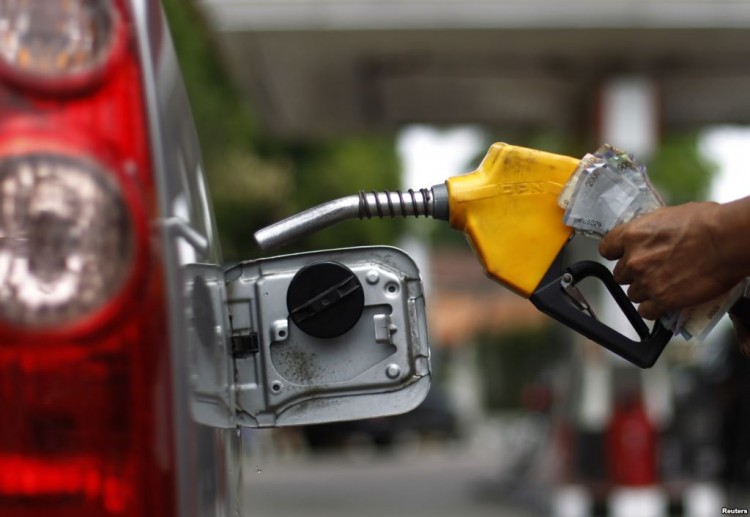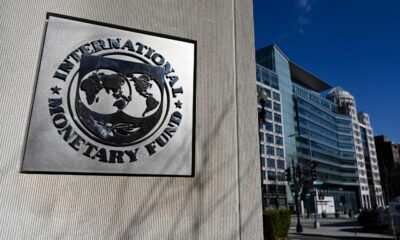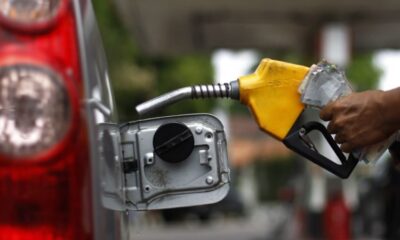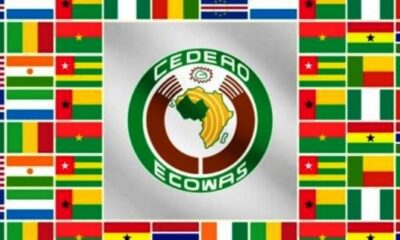In a recent statement, the eastern government of Libya claimed it had reached a consensus on a plan to eliminate gasoline subsidies and would draft a mechanism to carry out the accord.
Additional information on the idea was not released by the administration led by Osama Hamad, a challenger to the internationally acknowledged Tripoli-based government.
However, it is uncertain if Hamad’s government would be able to carry out the plan in the divided nation.
According to the Global Petrol Prices online tracker, a litre of gasoline costs just 0.150 Libyan dinars ($0.03) in OPEC member Libya, making it the second-cheapest in the world.
Following an uprising against former ruler Muammar Gaddafi in 2011, smuggling networks have thrived in the ensuing political unrest and armed fighting. In 2014, conflicting eastern and western governments separated the nation.
A World Bank analysis estimates that the annual value of fuel smuggling from Libya is at least $5 billion.
In a meeting with Mari Barrasi, the deputy governor of the Central Bank of Libya (CBL), located in Tripoli, and four members of the bank’s board of directors, Hamad in Benghazi supported the idea of removing subsidies.
The CBL’s Benghazi branch offices served as the venue for the conference.
The eastern parliament appointed Hamad in 2023 to succeed Abdulhamid Dbeibah, who had been put in position in 2021 under a U.N.-backed procedure that the parliament said had lost its legitimacy.
Dbeibah, who is located in Tripoli, stated in January that he will conduct a public poll on the topic of eliminating gasoline subsidies, but he hasn’t done anything about it since.
According to CBL figures, gasoline subsidies cost 12.8 billion Libyan dinars between January and November of this year. 4.8 Libyan dinars to $1 is the official exchange rate.
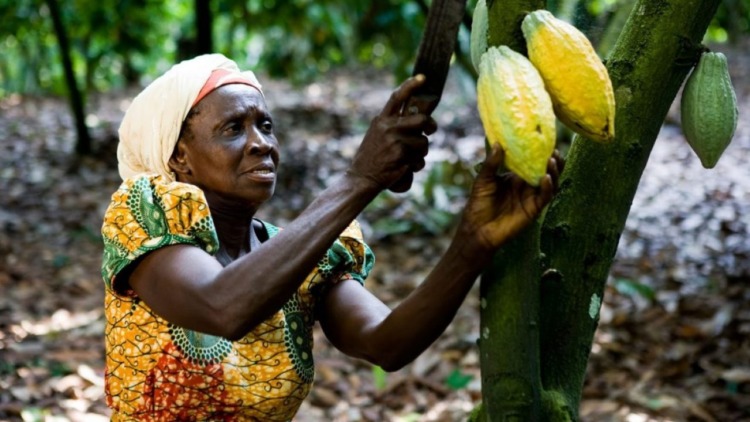

 Metro1 day ago
Metro1 day ago
 Metro1 day ago
Metro1 day ago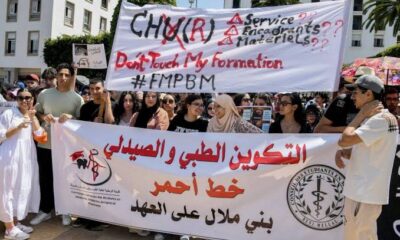
 Culture1 day ago
Culture1 day ago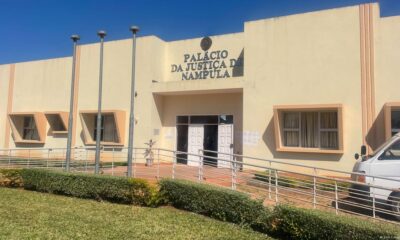
 Politics12 hours ago
Politics12 hours ago



